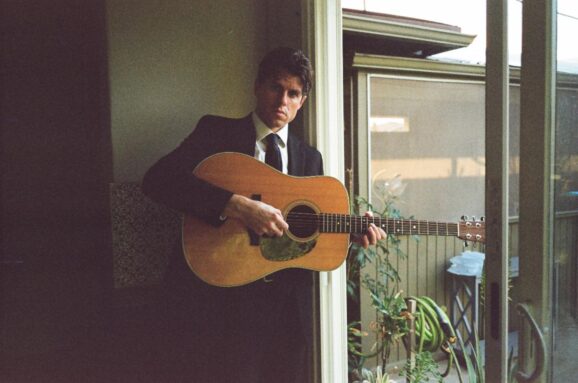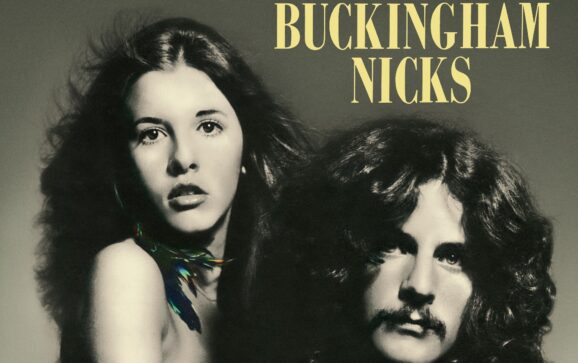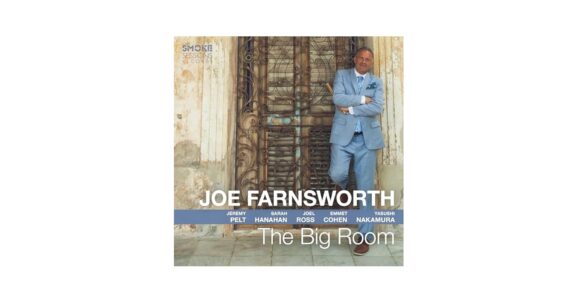Following up on his GRAMMY-nominated debut For(e)ward, Mádé Kuti has dove deep into modern afrobeat sounds, raising the bar with the sizzling Chapter 1: Where Does Happiness Come From?
As a third-generation musician with the most famous family lineage in the genre, legendary pioneering Grandfather Fela and Father Femi, Mádé does not bend under the weight of expectations. He continues his family’s strong musical tradition of blazing horns fronting danceable, percussion-based protest music, while adding new flourishes, delivering a staggering sophomore full-length.
Opening with “Take It All In Before The Lights Go Out,” the music swells ominously with synths before an announcement of the wild time about to be had; that is no lie. The track kicks off with breakneck percussion, massive horn hits, and kinetic energy that drives things forward winningly. The album never lets up, closing with “After The Tears Flow,” an exhilarating showcase for all the musicians as trumpet and sax solos blare with confidence.
The instrumentation is top-notch throughout as the skittering “Pray” uses a sultry beat, bright horns, deep basslines and a guitar solo while pumping brass work pushes “Won Na Pa” to soaring heights. Mádé also incorporates some modern touches, featuring programmed beats on “Oya” and record scratches on “Story”, thereby infusing hip-hop into afrobeat.
A lot is going on with Chapter 1: Where Does Happiness Come From? The album runs long, and with its dense layers of sound, instrumentation, and vocals, it can be cluttered at times, making contributions difficult to discern. Both the galloping “Find My Way” and the cascading “My Life” pile on so many sounds that their sampled recorded speeches and spoken word messages are buried under the well-crafted music.
Other lyrics take center stage as “Life As We Know It” rails against greed and overconsumption, set to a pulsing percussion, while the stuttering, head-bopping groove of “Our Own” explores life in a war-torn country. The brief and direct “You Can’t Hide” is infused with punk rock spirit as the propulsive protest number crashes forward with infectious vigor.
When Mádé stretches out, things are even better as the almost seven and a half minute “I Won’t Run Away” is a masterclass in afrobeat. Gorgeous brass solos announce the effort before violins are added to the confident track as Kuti declares he is here and present. That conviction is the cornerstone of Chapter 1: Where Does Happiness Come From? as Mádé Kuti removes any doubts, announcing himself as a vital torchbearer of his family’s incredible musicianship infused with a fighting-for-the-oppressed spirit.








